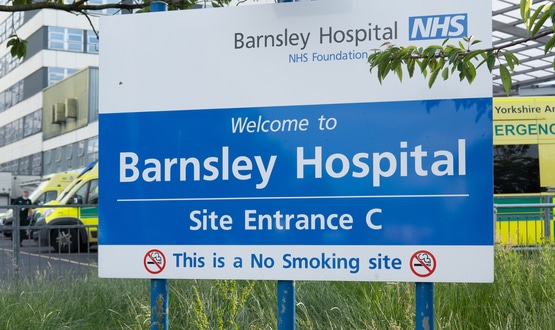Birmingham reduces med errors with PICS
- 4 November 2010
University Hospitals of Birmingham NHS Foundation Trust has said that an electronic prescribing system it developed could be preventing up to 146,000 potential medication errors a year.
The trust says that the rules-based system generated more than 17,000 automated level three warnings in just one month. These led to a change of intention by the user more than 8,600 times in the same timescale.
A level three warning alerts the user that the dosage is unexpected or there is a drug-drug interaction or allergy that they need to be aware of. It can only be overridden by the user re-entering their password to show they have considered the implications.
The trust’s e-prescribing system is one of the applications developed within its prescribing information and communications system (PICS).
This collates lab results, diagnoses and co-morbidities to drive real-time electronic decision support in terms of drugs interactions, contraindications and dose limits.
University Hospitals of Birmingham announced last year that it had formed a partnership with CSE Healthcare Systems to market the product to other trusts in the NHS.
Dave Rosser, medical director, said: “Our rules based system guides or controls behaviours at the point of decision. Giving clinicians access to detailed and timely information to allows them to improve the quality of care and the trust to improve the efficiency of care.”
The trust says the implementation of the rules-based system has limited the duration of antibiotic prescriptions to five days to prevent prolonged use of that which can predispose patients to ‘superbugs’.
It has also made sure that MRSA eradication therapy is ordered when a positive sample is received from the lab, reducing the average time from receipt of result to prescription from 30 hours to ten seconds.
Rosser added: “We understand that it is the first time in the world that a computer has automatically prescribed medication before a doctor has prescribed it.
"If the system users want to override it for any reason, they will be responsible and, even if they chose to ignore it, they will still be responsible.”
The trust said that such rules have also allowed it to reduce its drug budget by an average of 9.5% in departments using the system, thanks to more accurate prescribing and medication administration.
Rosser added: “Medication errors are one of the major preventable sources of harm in healthcare. As medicines are the commonest form of treatment and the most expensive part of healthcare after staff costs, there is huge scope to significantly reduce risk.”



